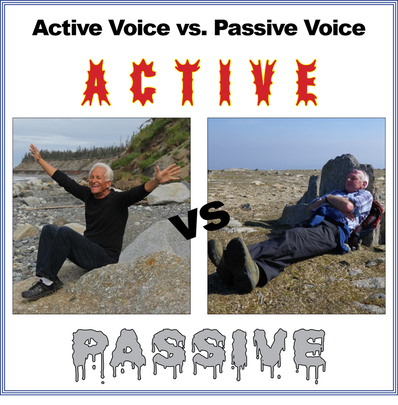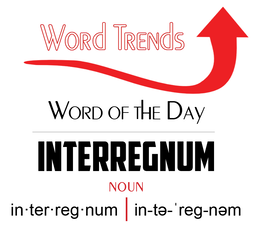
WHAT’S THE DIFFERENCE AND WHY DOES IT MATTER?
The use of active or passive voice is a basic distinction that often causes trouble for many writers. Growing up, students are often drilled that they should avoid the passive voice because it is “weak.” It’s not quite that simple. Basically, the passive voice gets short shrift, but passive should be used appropriately. Depending on the ideas being expressed and the medium where the copy appears, the passive voice can be an appropriate, sophisticated, and even preferable choice over the active voice. With that said – or in this case, written – the active voice is often a better choice; and you may use both in the same article, depending on the context and content of your sentences. There are two types of passive sentences:
- Short passive: in which the subject or performer of the action is not known
- Long passive: in which the agent performing the action is known, but it is not the subject of the sentence.
At the most basic level, the active voice emphasizes the subject or agent who performs an action; in short, the “actor.” The passive voice emphasizes the recipient of the action or sometimes the action itself.
[Read more…] about Grammar guru: active vs. passive voice


